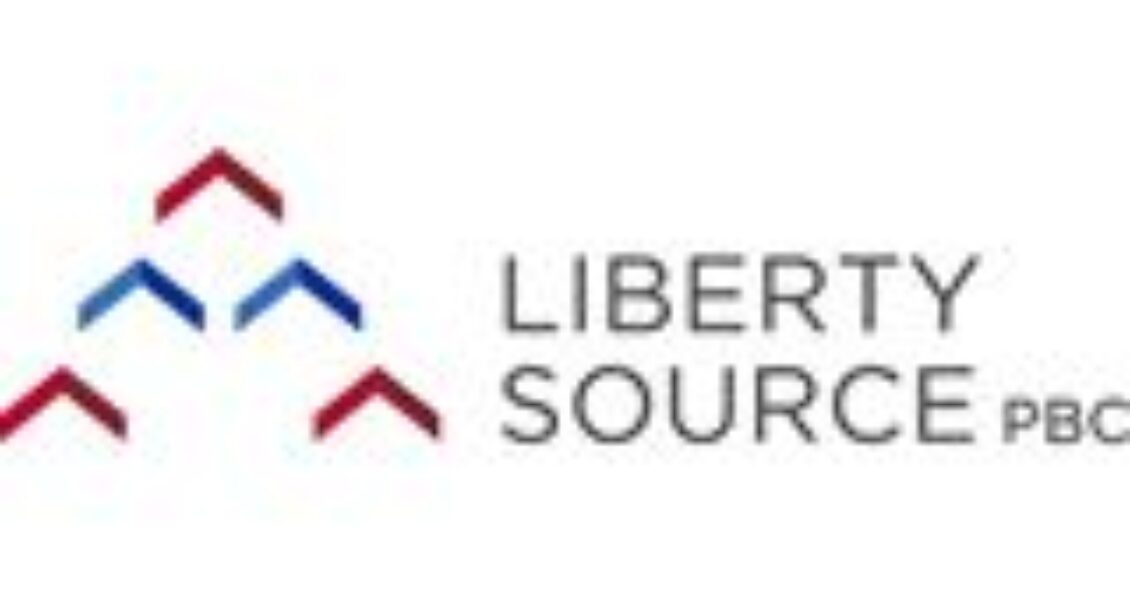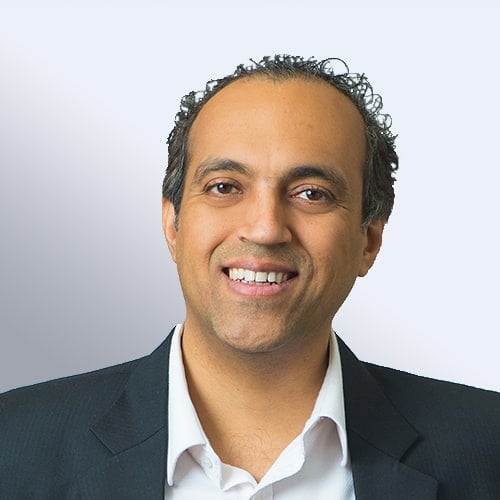
What if a service provider could build itself from scratch based on the learnings from the past two decades? Liberty Source, launched in 2013 as an impact sourcing provider, is trying to do just that in the highly competitive finance & accounting (F&A) outsourcing market. It has agreed to share its story with us as its business continues to scale.
Our first discussion with Steve Hosley, CEO of Liberty Source, provided an overview of their journey and in the second and third discussion we focused on the talent model. We now turn our attention to the culture of Liberty Source and how it has been designed to align to the needs of clients and the military population that comprises its talent pool.
Classic business philosophy tells us (or at least the professors in b-school told us) that the organizational model should be developed to support the business strategy – organization (skills, culture, etc.) follows strategy, strategy doesn’t follow organization.
In a recent discussion with Steve, I began to realize that this fairly simple idea probably has its limits. In a fast-changing world, can complex organizations actually be fluidly re-aligned to deal with each change in the market and the associated business implications? Might this be especially challenging for knowledge economy business models in which people are most of the differentiating asset? And might a differentiated organizational model actually be an advantage to executing a new strategy over potential competition?
Liberty Source offers a unique perspective into how an organizational model can inform and guide business strategy. As a Public-Benefit Corporation (PBC), Liberty Source exists to generate business profits, but its articles of incorporation also require it to do that in a manner that creates a social benefit. Liberty Source chose to focus its social benefit on providing commercial opportunities to an often overlooked population of skilled U.S. military spouses and veterans. As a PBC, it must regularly report on its social impact (in this case its people) and, therefore, constantly think about its market and strategic opportunities from the perspective of how it impacts its people.
Before we turn to Steve’s perspectives on how this impacts its culture, I also point you to a recent speech by Bill Gross, a leading Silicon Valley entrepreneur and founder of Idealab, a leading start-up incubator. Bill has been associated with many start-ups such as tickets.com, NetZero, eToys, Picasa, WeddingChannel.com, and CitySearch and has a privileged perspective on what makes for a successful business. As he explains in the video below, he conducted an analysis of start-ups with which Idealab was involved plus other start-ups where he has knowledge of their histories. In his analysis of which factors most contribute to success, he found that the uniqueness of the idea was actually only the third most important factor, followed by the quality of the business model at fourth. The most important factor was timing (not too early, not too late) and then second the team who establishes the culture. If you can’t spare the seven minutes to watch the entire video, check-out the summary of this study at 3:30.
Eric: Steve, how did Liberty Source develop its culture and in what ways did its PBC status shape that culture?
Steve: Eric, when the Founder of Liberty Source and I were envisioning Liberty Source back in 2013 we had not seen the enlightening analysis and supporting TED talk from Bill Gross but it is reassuring to know that people still matter in the success of a company.
When we were planning out the design of Liberty Source, we knew that forming a company around a delivery model that centered on U.S. Military spouses and Veterans had an inherent advantage because by definition this community had a pre-disposition to serve a greater purpose. It is for this reason that we believe that our PBC (Public Benefit Corporation) indicator can actually translate into a competitive advantage if the right culture and environment is established.
Employee engagement is something that comes naturally for this community. When creating Liberty Source, we followed a step-wise path to ensure our PBC became a position of strength in the market and not a burden or obligation.
Eric: What were those key steps?
Steve: The first step was to reconnect human capital to the BPO industry. At Liberty Source one of our market differentiators revolves around our ability to pivot with our clients, remaining flexible to their changing businesses. We believed from the start that as the rate of change increasingly impacts various industries and business models, traditional BPO relationships will no longer be resilient to keep pace. In the design of the new Liberty Source delivery model we consciously fused our human capital strategy with our go-to-market strategy.
A large portion of our delivery team demographic is U.S. military spouses. This community, by definition, is somewhat transient due to that fact that their U.S. military active service members regularly get assigned to new bases. Spouses regularly find themselves in situations where they need to quickly plan family moves and when they arrive at their new base, figure out the new geographic setting, many times without the support of their service member because he or she may be on deployment. Adaptability and the fortitude to figure things out are assets this community generally brings with them when they arrive at Liberty Source. We have found that these life skills and the unique life lens and perspective, each of them possesses, translate well into the fluid commercial business space.
Step 2 is to ensure employees feel engaged and valued. I lived in Texas many years ago and regularly attended Friday night high school football. I remember how overwhelming the atmosphere was when I attended my first football game in Texas. In Texas, football is a production not just a game. There are football players, cheerleaders, a flag team, a cowboy team, the band, a national anthem trio, among others I am sure. I mentioned to a local Texan that was sitting next to our family how amazed I was by how large the football production had become since I was up in school in Connecticut. I stated that there must be over 250 kids involved in this “production” and wasn’t that a bit over the top. I will never forget his response. He said “each one of those kids out there has a purpose, and purpose is what it is all about.” Always love the simple wisdom that comes from a Texan! It made total sense to me, 250 kids each with their personal connection to their own smaller group, with all the groups connected on Friday night aimed at a common goal of representing their school brand and producing a win. The connection to the localized group as well as the larger high school enterprise is what companies pay millions for each year to ensure positive “Employee Engagement” measures.
Eric: Can you give some specific examples of the principles Liberty Source has adopted to align to this vision for the culture?
Steve: Over the years I created a number of captive shared service organizations as well as running a billion dollar outsourcing business and although each organization may have resided in different industries and focused on different services, each of them shared one common thread: people.
At Liberty Source we created a unique culture that blends elements from the U.S. military community as well as adopting successful operating practices that aided in the impressive industrialization of the BPO industry over the past 15 years. This is evident in our Operating Principles that echo “know your numbers” from the BPO industry and “find a swim buddy” from the U.S. military. Other structural design elements that aid in creating the right culture are: we believe in “coaching moments” not “PIP”ing moments. We treat career advancement of our shipmates inside and outside of the company as a community celebration. Our shipmates require unfiltered straight talk and our all hands meeting are family meetings or video conferences. Impersonal CEO communication emails do not work.
Lastly, company gatherings always include family. We learned early on that there is a reason that when the military has an event or ceremony spouses and family members are always included. At Liberty Source, we understand that the power of the culture we are building rests on all the supporting family members so their continued support of Liberty Source is integral to achieving our goals.
These groups are enabled through the mentoring and coaching provided by a Chief Ambassador of Culture who connects our leadership team to their needs and translates engagement in more real time fashion. Many companies would rest on their laurels that affinity groups are meeting and engaging for themselves. We’ve flipped the script and extended the reach of affinity groups into a career development and engagement model that advances our capability as a business too. The biggest goal of our culture program is to ensure that all of our employees have an opportunity to have a bigger role in the Liberty Source journey and our brand than simply their day-to-day duties at their desks satisfying their clients.
Eric: That is a meaningful goal and in contrast to the more limited focus on operations that permeates many BPO organizations. Where did this come from and how are you acting on it?
Steve: This goal emanates from the belief that if folks can understand the greater purpose of an organization and they are invested in it, the resulting culture will be a powerful retention and engagement tool.
So why do we think culture is important? I guess I could say in order to help us comply with our PBC indicator, but the real reason is that we think that in order to be responsive to our clients changing environments, we need a workforce that is resilient, empowered, invested and does not freeze each time they experience a new request or change. An engaged, tight, and personally invested workforce will have the confidence and capability to pivot, adapt, and be flexible, because they know that leadership will be honest with them and that they can lean on all their fellow Liberty Source shipmates, with the understanding that someone will always have their back. That lack of fear, coupled with empowerment in a workforce is a powerful force that we think all organizations can learn from.
Eric: Steve, thanks for sharing this context with me – it really resonates with my personal experiences at college with a strong military tradition and my first job after graduate school. Services is all about getting the hearts and minds of people focused on serving clients and Liberty Sources has a great model in place.










